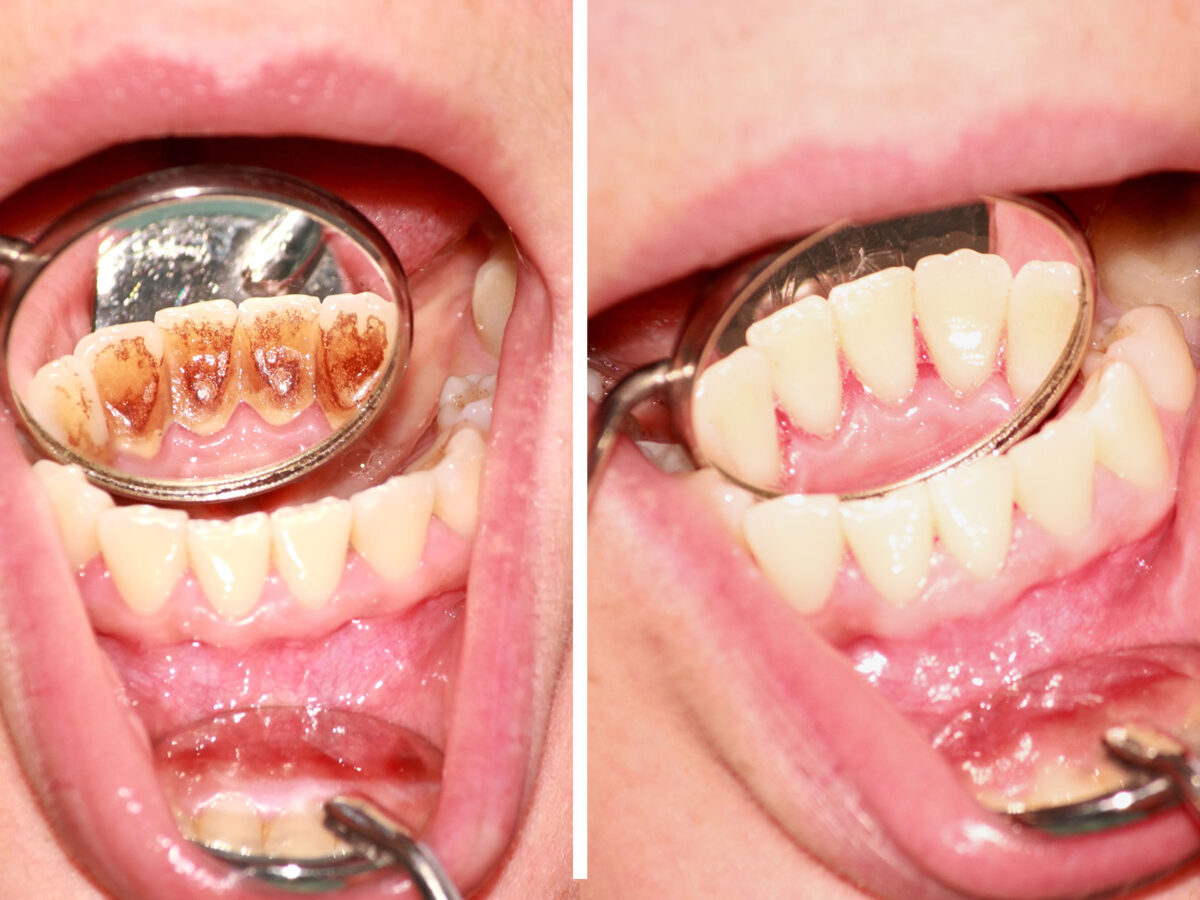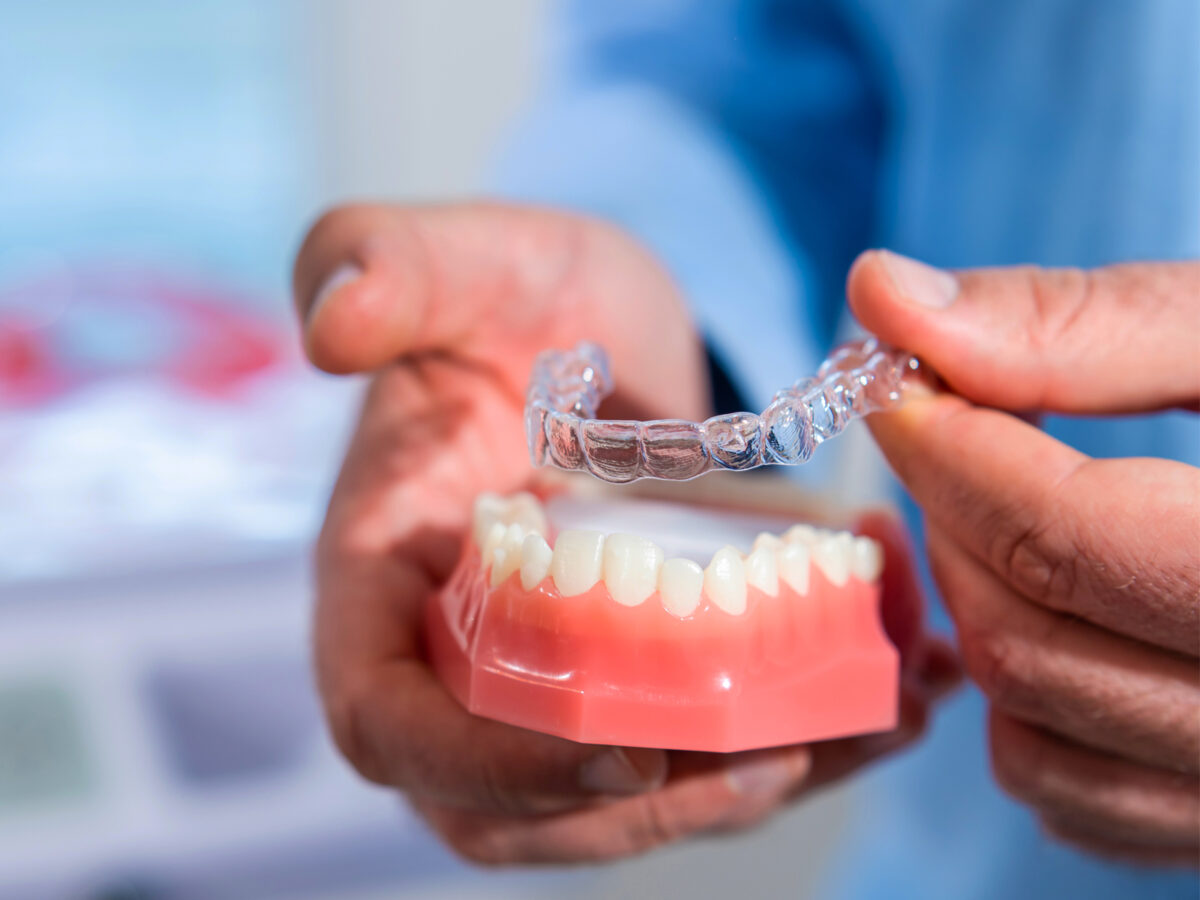Have you noticed a buildup of tartar on your teeth? A hardened substance formed by the plaque on teeth is called tartar. In the production of dental plaque, sugar and bacteria derived from food are the initial components. If dental plaque is not removed with a toothbrush, it will solidify into tartar, which is a dark, hard deposit that is very difficult to remove.
Besides smoking, tartar can also be generated by certain foods that cause the build-up of plaque. When your diet contains sugars and starches, this, combined with poor oral hygiene, leads to bacterial growth that coats and negatively impacts your smile.
Besides, there is a great deal of confusion among people regarding whether it is safe to scrape tartar at home. In any case, it is strongly recommended that tartar be removed by a dental professional. Still, is it possible to remove tartar at home?
Can Tartar Damage Your Teeth?
A build-up of tartar is a substance that coats your teeth and should not be ignored. It occurs as a result of dental plaque, which produces acids that eat away at your enamel, resulting in a cavity. In addition to causing foul breath, tartar can also increase the build-up of bacteria and destroy your enamel.
It is possible for tartar to irritate and enlarge the gums, resulting in swelling and inflammation. The early stages of gum disease result in gingivitis. Furthermore, it is possible to suffer irreversible and dangerous bleeding if your gums become inflamed. Apart from discoloring your teeth, tartar can also affect your confidence, resulting in an unattractive smile. Within a few months, tartar can cause damage to your teeth if it continues to build up.
Can You Remove Tartar At Home?
It is strongly recommended that you do not attempt to remove tartar at home. If you do this, you may damage your toothbrush, but there is also a risk of damaging your enamel as well. In addition, keep your gums and underlying tissues protected by not using a scraper to remove them because you are increasing the risk of injury and further dental problems.
Removal of hard deposits of tartar from your teeth requires the assistance of a dental professional. Using a scaler, which is a sharp tool, the dentist will safely remove tartar from your teeth. If you show only early signs of dental plaque build-up, you can control and eventually remove it by following good oral hygiene and visiting the dentist for a regular check-up and cleaning.
Moreover, the amount of tartar on your teeth is crucial to determining how much pain you are likely to experience. In general, the more tartar buildup there is, the more severe the pain becomes, and vice versa. Furthermore, the dentist’s experience and the type of equipment used determine the level of pain felt during the procedure.
How To Prevent Tartar Build-Up?
Tartar formation can be prevented by restricting the development of plaque, which is its precursor. Several studies have shown that plaque can harden into tartar within a few hours. Thus, brushing and flossing on a daily basis is essential to the reduction of tartar.
Keep your teeth clean by brushing and flossing properly at home with a soft bristle toothbrush. Furthermore, mouthwash contains antibacterial properties that kill bacteria that are fed on by sugary foods. Visiting the dentist at least twice a year for a check-up and cleaning is recommended. In addition, you will gain a more thorough understanding of your oral health.
Whether you have tartar build-up or want tartar removal treatment, schedule a check-up and cleaning appointment today.




